The United States grows and produces up to 85% of its food supply, which is certainly an enormous undertaking. However, scientists are becoming increasingly concerned about food shortages in America, and as expected, climate change is to blame.
It has become glaringly apparent that the Earth’s atmosphere is changing due to climate change, but what many people don’t know is that the transformation in the air is also affecting the soil beneath our feet. As the soil changes, food, including fresh produce and meat, is becoming less nutritious, and scientists worry this reality could lead to a national and global food shortage in the very near future.
The Effects of Climate Change Are Transforming the Air We Breath
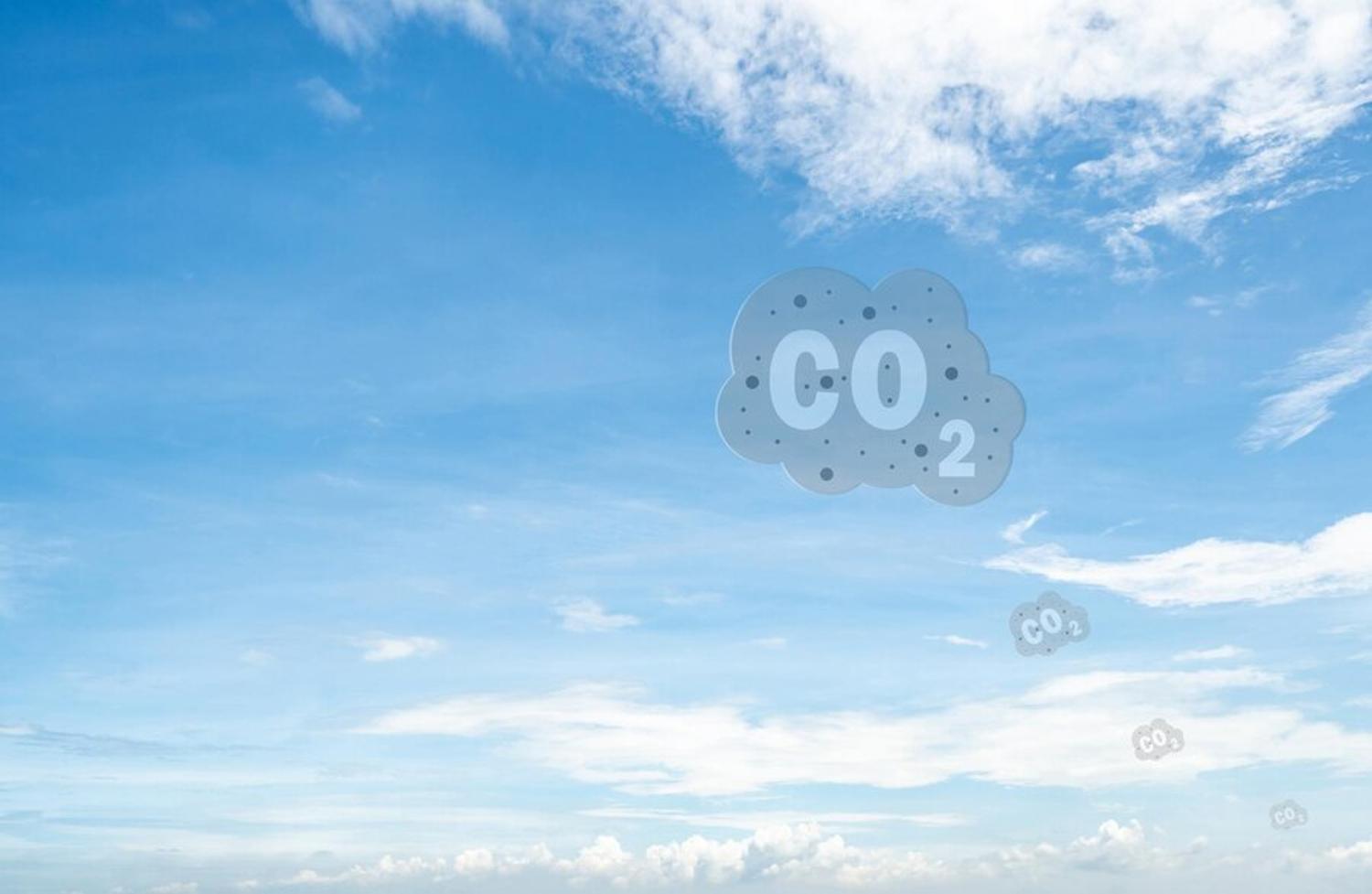
As humans continue to manufacture and utilize fossil fuels like coal, gas, and oil, greenhouse gases are constantly being released into the air. The gases are full of carbon dioxide, which isn’t toxic to humans or plants, but because of the excess amount, is changing the natural chemistry of our atmosphere.
Essentially, human activity is releasing more carbon dioxide than the natural process can safely and efficiently remove, therefore, significantly increasing the amount of CO2 in our atmosphere. It’s also contributing to water shortages.
How Does Air Pollution Affect the Earth’s Soil?
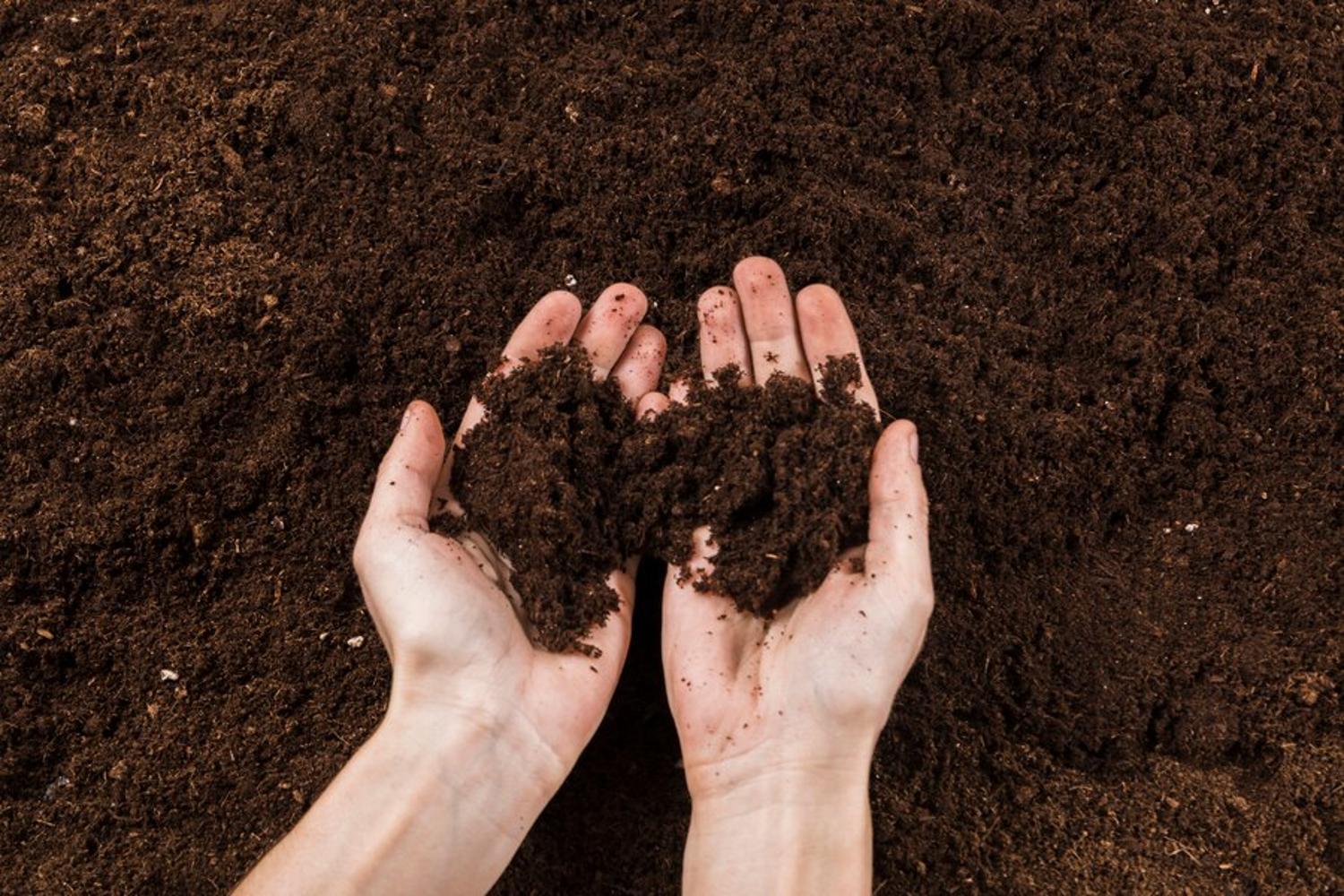
The increase in CO2 in the air around us is potentially dangerous for a number of reasons. But while many people are talking about the increased heat on Earth and the extreme weather, few are discussing the toll the extra CO2 is taking on our soil.
According to FoodUnfolded, the increase in CO2 in the atmosphere has directly caused an imbalance between air and soil: “There’s more carbon dioxide in the air, but the soil hasn’t seen a similar increase…plants are becoming carbon-rich but micronutrient-poor.”
Plants Technically Thrive With Extra Carbon Dioxide
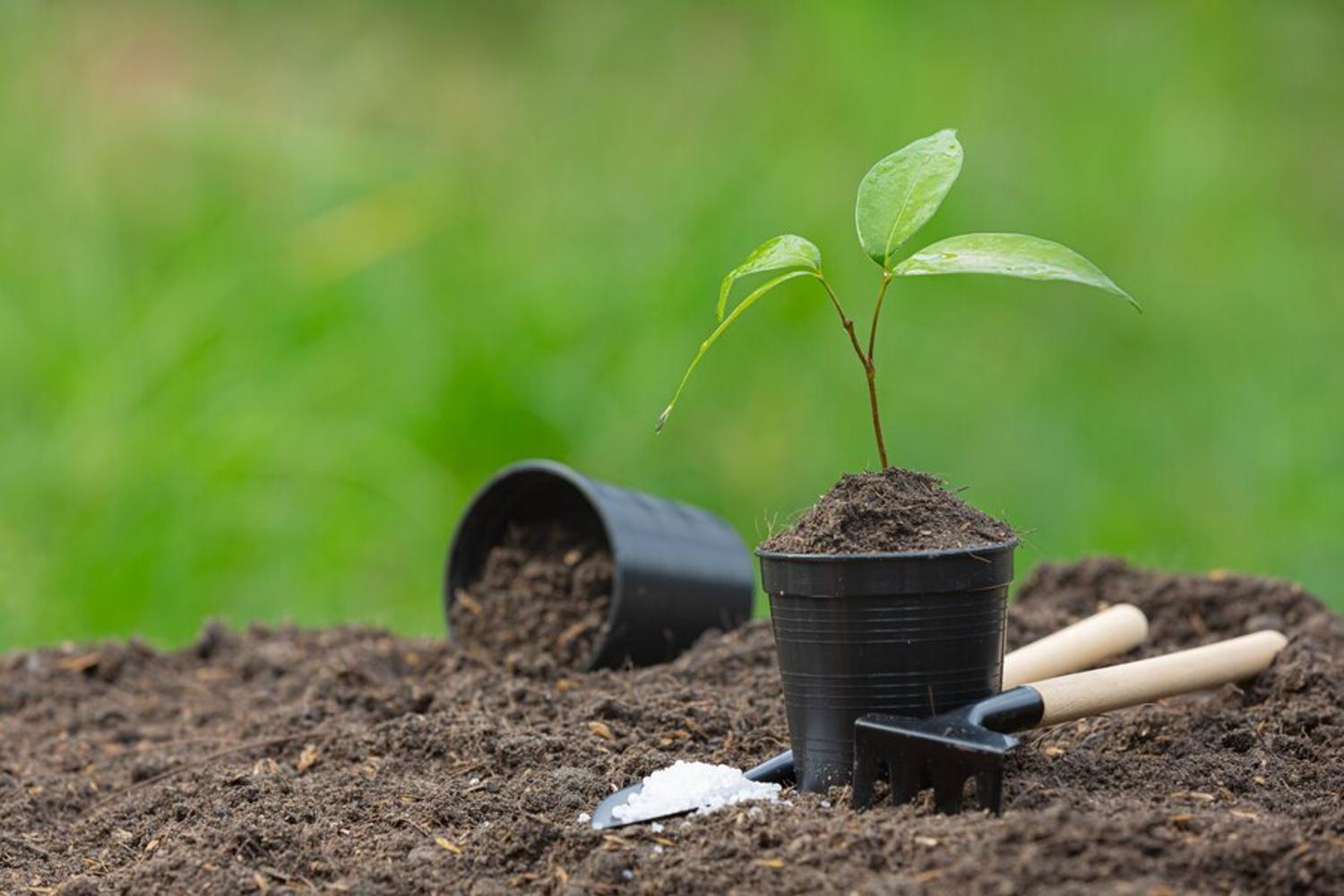
Understanding the nuances of plant life and growth alongside the elemental makeup of air and soil is quite complex. Plants grow through photosynthesis, which is when they take CO2 and water from the air and soil and turn it into energy.
So, in theory, more carbon dioxide is a good thing for plants as it stimulates growth. In fact, over the past several years, as CO2 increased in the atmosphere, crop yields have also increased by a whopping 175% since 1961. However, that’s not the whole story.
Crop Yields Have Increased Thanks to New Chemicals
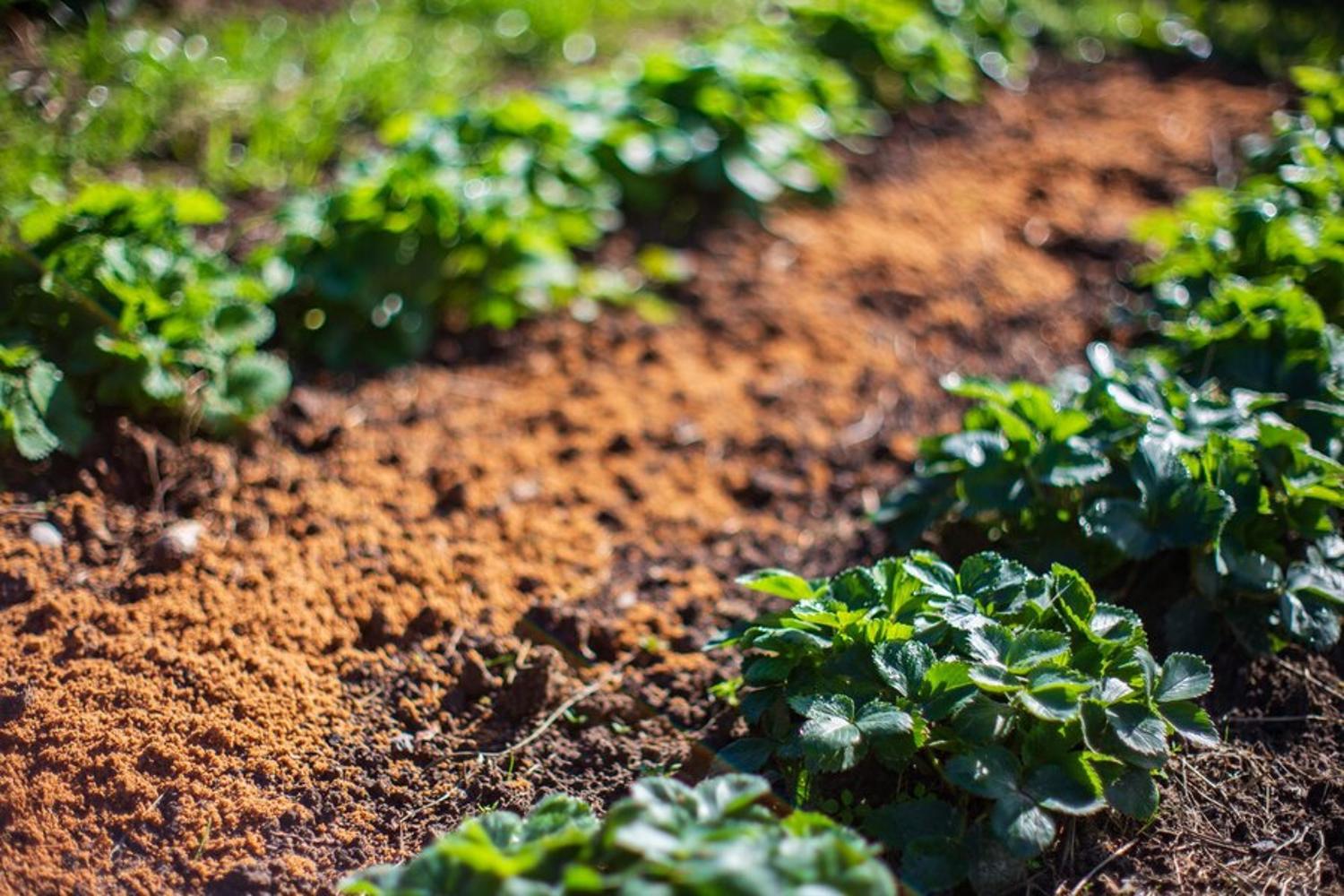
While some like to argue that global crop yields have increased by nearly 200% due to excess CO2 in the air, that’s not exactly true. Chemicals, just as fertilizers and pesticides, have played a large part in the significant increase in consumable crops over the past 50 years.
Additionally, more crops doesn’t equate to better or even equal crops. The newest research shows that while CO2 may increase yield, it also deteriorates soil nutrition.
The World Has More Produce But It’s Not Feeding Us in the Same Way

Matthew Smith, a research scientist at Harvard, told FoodUnfolded, “Having higher carbon dioxide levels in the atmosphere, regardless of its impact on weather or climate, changes the way the plants grow and their nutritional content.”
While there is more CO2 in the air, there are less nutrients, such as calcium, potassium, phosphorus, and nitrogen, in the soil. Lewis Ziska, associate professor of environmental health sciences at Columbia University, explained, “In essence, the chemistry we rely on for our nutrition, protein, vitamins, and minerals is out of whack.”
Two Billion People Are Already Living With Nutrient Deficiencies

The World Health Organization (WHO) has reported that over two billion people are already living with nutrient deficiencies. And experts worry that increased carbon dioxide levels in the atmosphere will lead to several hundred million more nutrient deficient people in the next few decades.
Smith explained to FoodUnfolded that the lack of nutrients in the Earth’s soil is “a huge burden on human health.”
Soil Degradation Will Lead to a Loss in Biodiversity
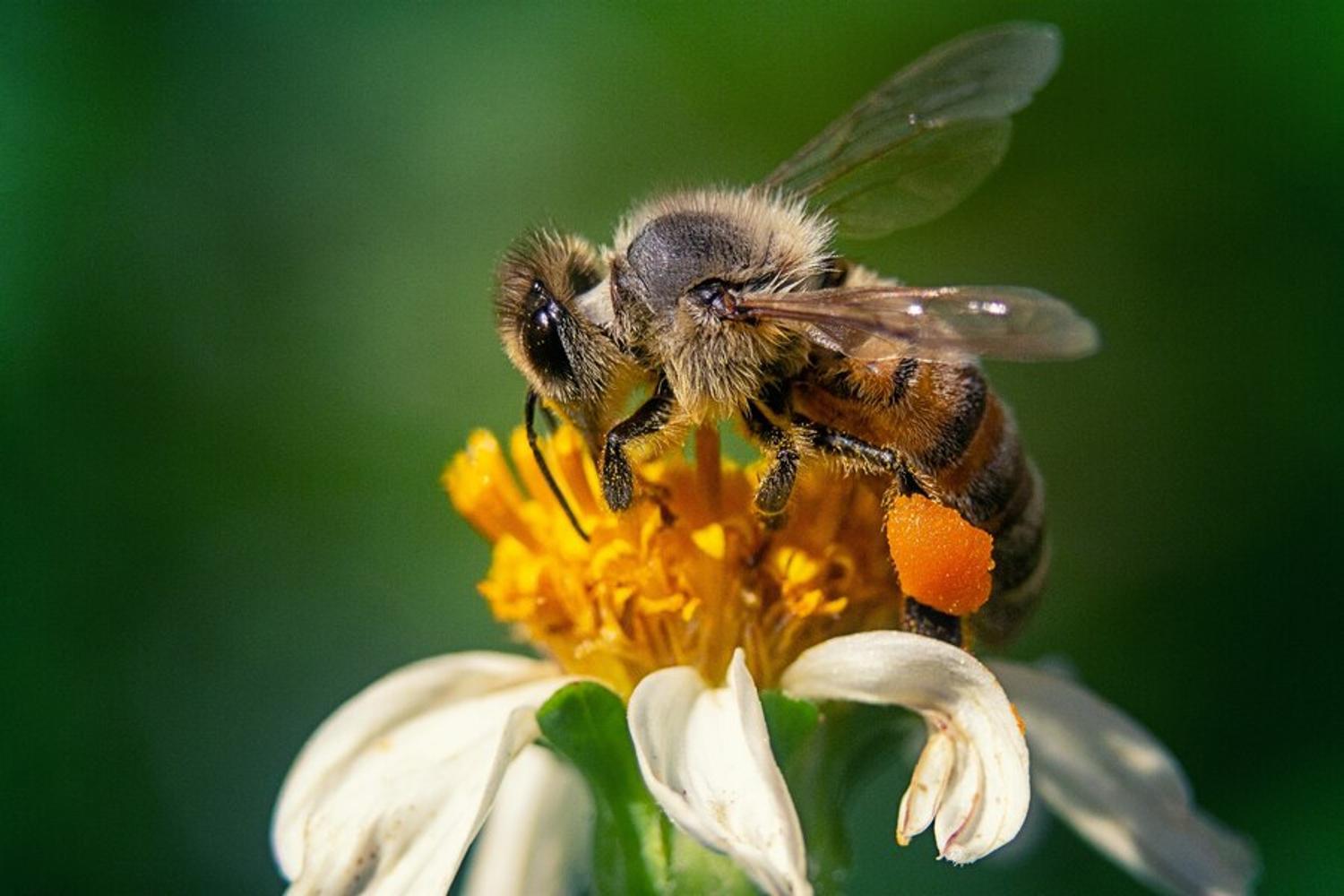
In addition to producing nutrient-poor produce, soil degradation will also lead to a substantial loss in biodiversity. Biodiversity is absolutely necessary for the health and success of both crops and animals around the world.
Without it, certain crops can and likely will go extinct, which would reduce the nutrient diversity available for human consumption.
Without Nutrient-Rich Soil, Malnutrition Will Increase Exponentially

Experts in the field worry that as the soil continues to degrade, biodiversity decreases, and the plants we eat have fewer and fewer nutrients, malnutrition around the world will become even more problematic than it is now.
WHO reported, “as many as 828 million people were affected by hunger in 2021,” which was 46 million more people than the year before. If we are unable to repair the nutrient content of the Earth’s soil, that number will grow exponentially over the coming decades.
Malnutrition Is a “Sneaky Effect”

It’s important to understand that with nutrient-poor produce and meat, humans will become sicker by the day, and in most cases, they may not even notice until it’s too late.
As Smith explained, “The problem is that you don’t hunger for iron or zinc; you hunger for calories. So if you’re eating roughly the same amount of calories, but you’re losing the nutrition, you won’t necessarily compensate. It’s a sneaky effect.”
We Need to Find Ways to Improve Soil Nutrition

Humans absolutely need to find a way to improve the nutrition in the Earth’s soil. While governments around the world are working tirelessly to combat the effects of climate change, it’s unlikely that they will be able to do so quickly enough to stop the spread of malnutrition.
FoodUnfolfed reported that the most helpful solution would be to encourage farmers to use regenerative agricultural practices. And experts believe the best way to do that would be for governments to implement financial incentives for nutrient dense crops as opposed to high crop yields.
Climate Change Will Lead to Food Scarcity
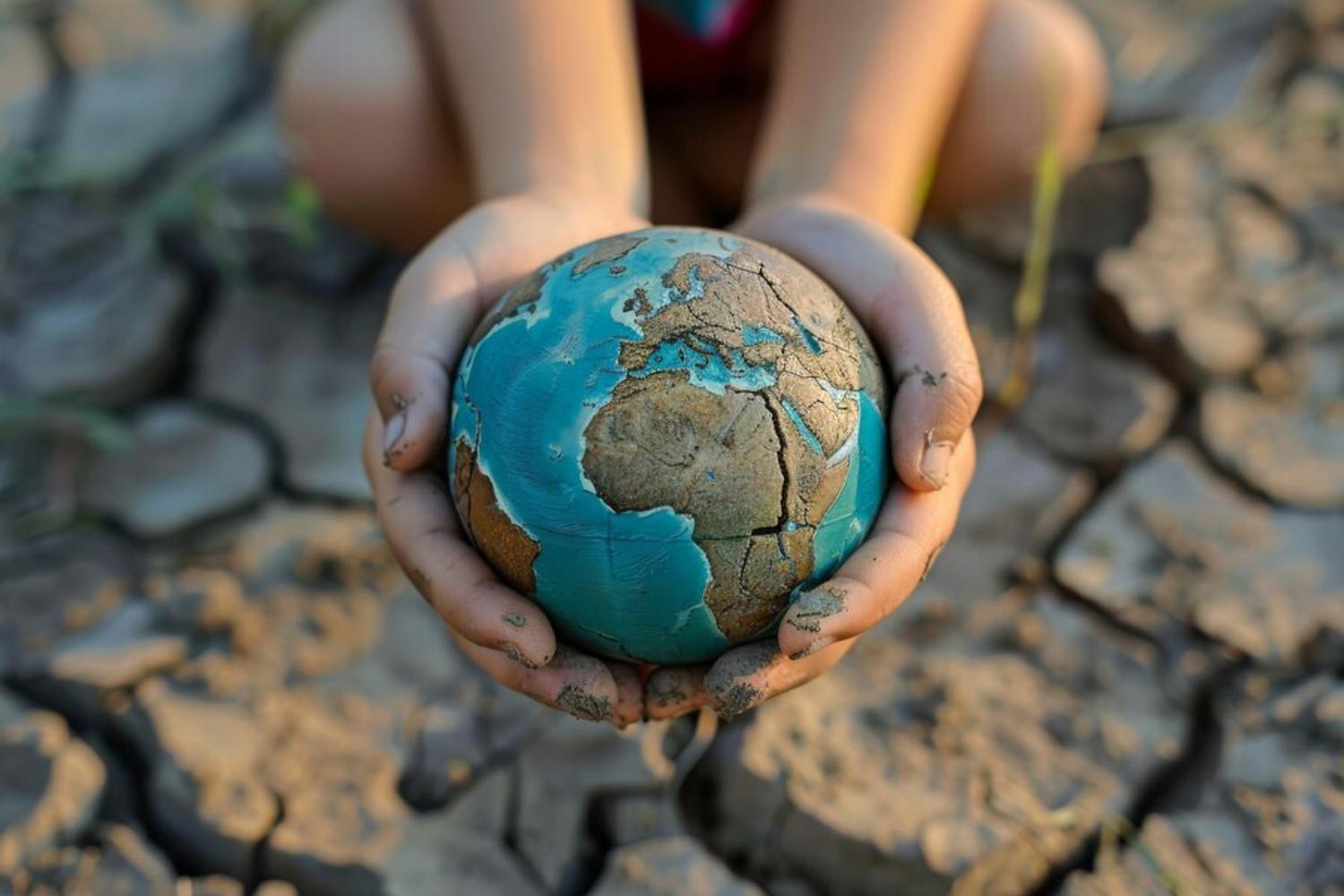
The devastating truth is that climate change will unquestionably lead to food scarcity if it’s not solved within the next generation. Global carbon dioxide levels have already increased by 280 parts per million since the Industrial Revolution to a current total of 420 parts per million.
If levels continue to rise, not only will the Earth’s soil become all but useless, but the ever-increasing temperature of the water and air will suffocate plants and lead not only to malnutrition but, possibly, starvation.








































